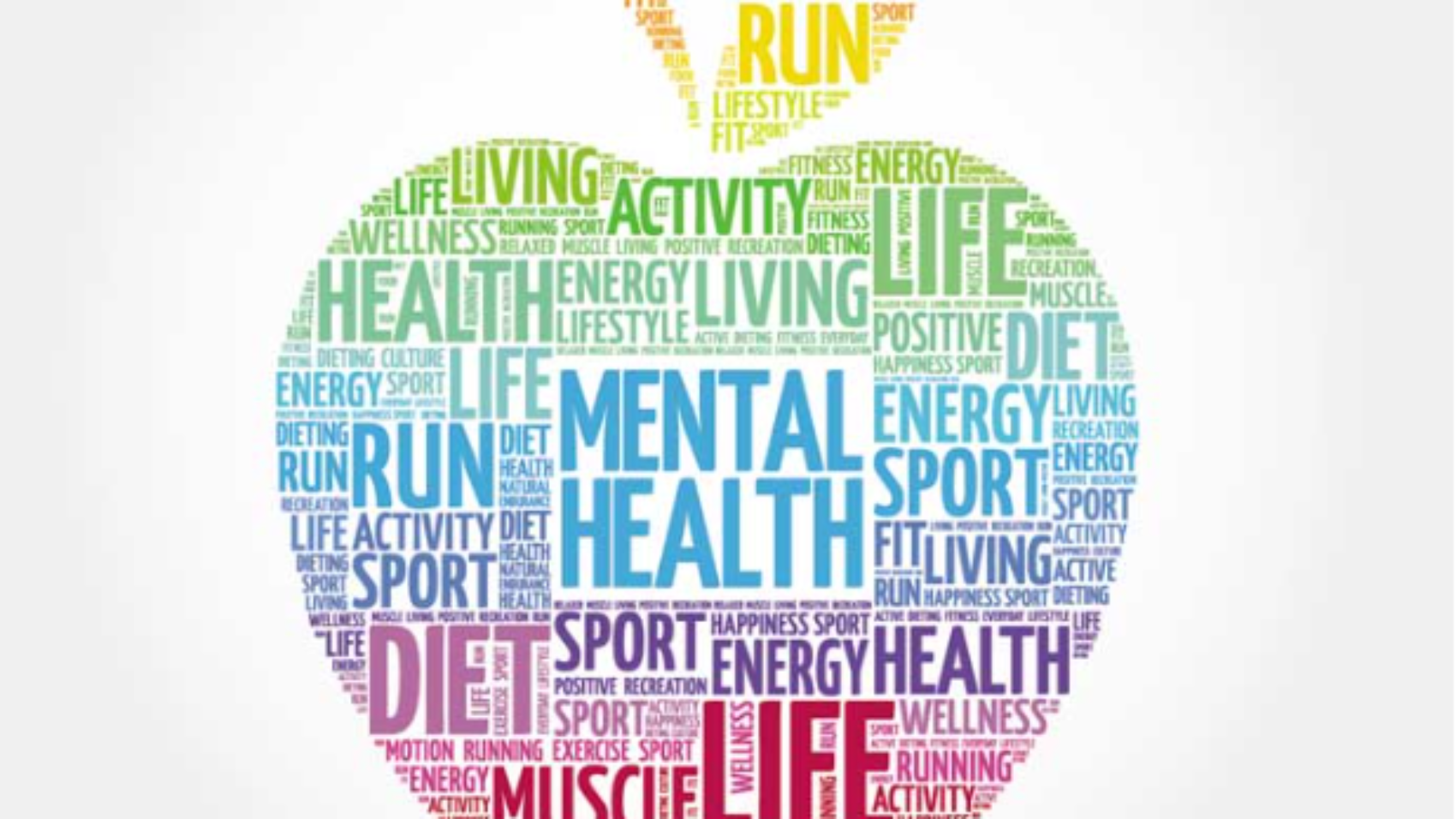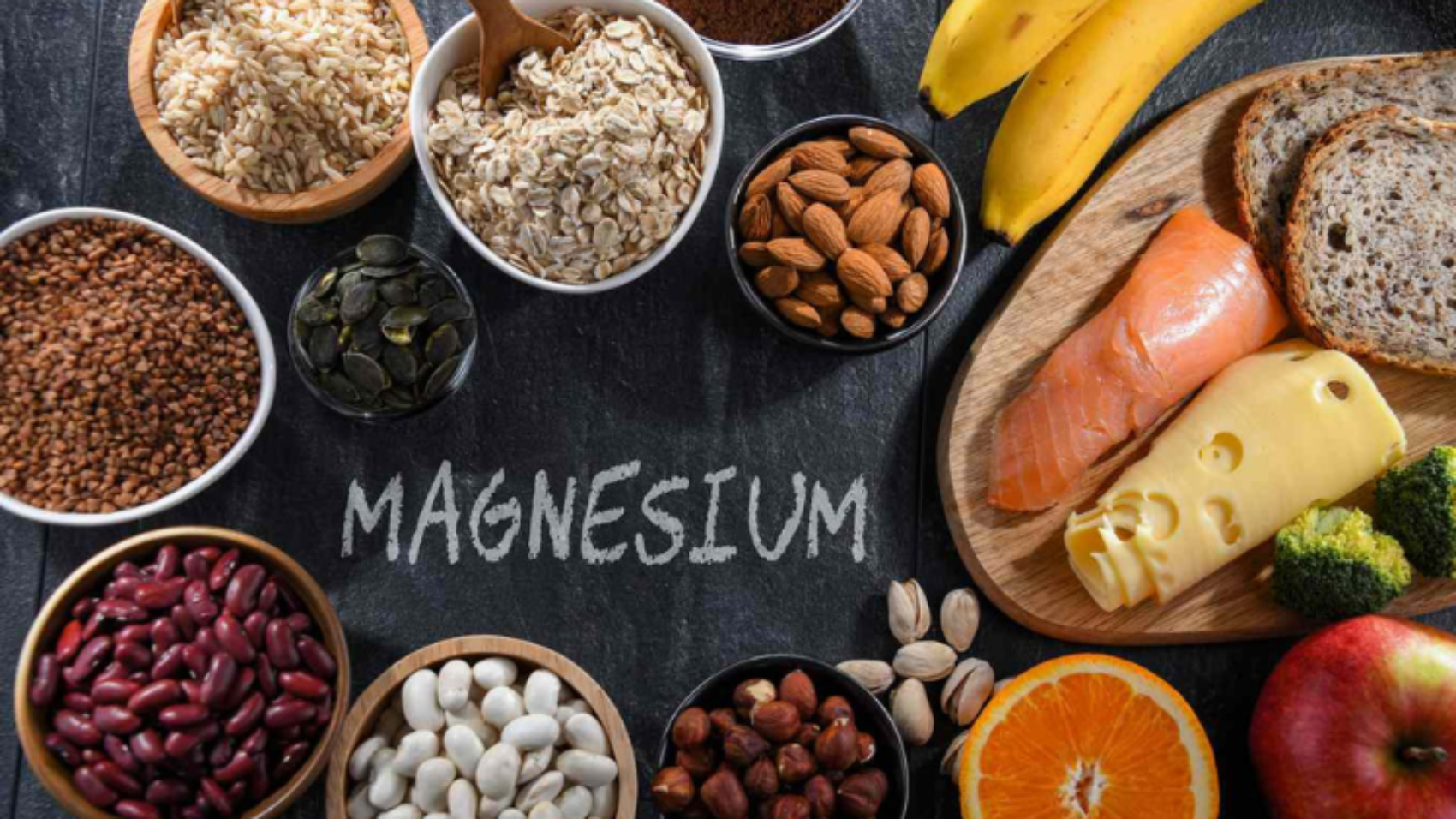In a world where our bodies continually encounter toxins from food, the environment, and daily stressors, understanding and implementing detoxification is vital for maintaining our health and vitality. Dr. Rasha El Naggar, at Etara Wellness, offers a unique approach to wellness, emphasizing the importance of detoxification in achieving optimal health. Through this blog, we’ll explore effective detox strategies, guided by Dr. Rasha’s expertise, to empower you with the knowledge to enhance your body’s natural ability to heal and detoxify itself. Let’s begin this journey towards a healthier, more vibrant you with Etara Wellness leading the way.
Understanding Detoxification
Detoxification is like your body’s own, highly sophisticated cleaning service, working around the clock to protect you from the unwanted guests of modern life: pollutants, processed food additives, and stress, to name a few. It’s a natural process where organs such as the liver, kidneys, and even your skin team up to filter out the bad stuff, keeping your systems running smoothly. Dr. Rasha often describes it as giving your body a helping hand to enhance its natural ability to cleanse itself. In a nutshell, by supporting detoxification, we’re not just helping our body do its job, we’re investing in our overall health, ensuring we feel better, live longer, and thrive.
At the heart of detoxification are the emunctories, our body’s natural pathways for eliminating toxins and wastes. These include primary organs such as the liver, kidneys, skin, lungs, and intestines — each playing a pivotal role in processing and expelling various substances to prevent the accumulation of toxins. The efficient functioning of these emunctory organs is crucial for our health, aiding in reducing the risk of inflammation and disease. By supporting our emunctories through healthy lifestyle choices, we enhance our body’s natural defenses and promote optimal physiological processes.
The Role of Our Organs in Detoxification
- The Liver: Central to detoxification, the liver processes toxins through two critical phases. Phase I involves the cytochrome P450 enzymes, transforming toxins into less harmful substances. This phase underscores the necessity of antioxidants in neutralizing free radicals produced during detoxification. Phase II takes these transformed toxins and makes them water-soluble for elimination, highlighting the importance of nutrients in our diet to support this phase. The liver’s adept handling of toxins protects us from potential harms, including those related to hormone imbalances such as estrogen dominance, where proper liver function can mitigate the risks associated with excess estrogen.
- The Kidneys: These bean-shaped organs filter blood to remove wastes and excess fluids from the body through urine. They are responsible for excreting a variety of toxins, including by-products of digestion, and play a key role in maintaining electrolyte and fluid balance, which is vital for all bodily functions.
- The Skin: As the body’s largest organ, the skin is a powerful detoxification tool through sweat. Sweating not only helps regulate body temperature but also facilitates the removal of toxins, including heavy metals like lead and mercury.
- The Digestive System: A healthy digestive system is instrumental in detoxification. The gut eliminates toxins by moving them through and out of the intestines, preventing them from re-entering the bloodstream. A fiber-rich diet supports this process by ensuring regular bowel movements, which is critical for expelling toxins.
- The Lungs: Often overlooked in discussions of detoxification, the lungs play a vital role in expelling carbon dioxide, a by-product of metabolism, from the body. Deep breathing exercises can enhance lung function, aiding in the detoxification process.
- The Lymphatic System: Beyond the organs traditionally recognized for their role in detoxification, the lymphatic system plays a crucial, yet often overlooked, part in our body’s ability to cleanse itself. This extensive network of vessels and nodes transports lymph, a fluid containing infection-fighting white blood cells, throughout the body. The lymphatic system acts as a major player in removing waste products and toxins from the cellular level, supporting the other emunctory organs in maintaining the body’s internal environment. Regular physical activity, hydration, and practices such as lymphatic drainage massage can enhance the function of this vital system, promoting overall health and detoxification.
By understanding and supporting our body’s detoxification systems, we can achieve a higher level of health and prevent the accumulation of toxins that could lead to disease.
Signs You Need to Detox
Our bodies often signal when the load of toxins becomes too heavy, impacting our health and well-being. Recognizing these signs can help you understand when your body might benefit from additional support in detoxification. Common indicators include:
- Persistent Fatigue: Feeling tired, even after a good night’s sleep, can suggest your body is working hard to manage toxins.
- Digestive Discomfort: Bloating, gas, constipation, or diarrhea can indicate disruptions in your gut health, affecting your body’s detox processes.
- Skin Issues: Acne, rashes, and other skin problems may signal that your body is trying to eliminate toxins through the skin.
- Mood Swings: An overload of toxins can affect your mental health, leading to feelings of anxiety or depression.
- Brain Fog: Difficulty concentrating, memory lapses, and a lack of mental clarity can be attributed to toxin exposure.
Foods That Support Detoxification

Incorporating specific foods into your daily diet can significantly boost your body’s natural detoxification processes. These selections, recommended by Dr. Rasha El Naggar, are packed with nutrients that aid in cleansing the body of toxins, supporting the essential work of your liver, kidneys, digestive system, skin, and lungs.
- Cruciferous Vegetables: Broccoli, Brussels Sprouts, Cauliflower, and Kale enhance detoxification through fiber and glucosinolates, aiding in toxin neutralization.
- Leafy Greens: Spinach, Chard, and other greens are antioxidant powerhouses, offering beta-carotene, vitamin C, and chlorophyll to combat oxidative stress and facilitate heavy metal excretion.
- Green Tea: A prime source of catechins, it bolsters liver function and aids detox efforts. Incorporate it daily for its antioxidant benefits.
- Garlic and Onions: Rich in sulfur, these staples boost glutathione production, a crucial detoxifying enzyme, enhancing Phase II detoxification.
- Citrus Fruits: Lemons, Limes, Oranges, and Grapefruits, with their high vitamin C content, help transform toxins into digestible forms and kick-start digestive health each morning.
- Beets and Carrots: Known for their beta-carotene and flavonoids, they improve liver function and support the body’s detox mechanisms.
- Healthy Fats: Avocados, Olive Oil, and Flaxseed, rich in omega-3s and other healthy fats, protect cell membranes and support toxin elimination.
- Berries: Strawberries, Blueberries, and Raspberries are filled with antioxidants that aid in detoxification and enhance immune function.
- Nuts and Seeds: Almonds, Walnuts, and Chia Seeds provide essential fatty acids and fiber, supporting digestive health and toxin removal.
- Whole Grains: Quinoa, Brown Rice, and Oats offer fiber that aids in elimination and supports a healthy gut.
- Probiotic-Rich Foods: Yogurt, Kefir, Sauerkraut, and Kimchi introduce beneficial bacteria, promoting a balanced gut microbiome essential for detoxification.
- Herbs and Spices: Turmeric, Cilantro, and Parsley contain compounds that support detoxification, liver health, and digestion.
- Hydration Boosters: Cucumber, Watermelon, and Herbal Teas keep hydration levels optimal, crucial for diluting and excreting toxins.
By incorporating these foods into your meals, you not only aid your body’s detox pathways but also contribute to a richer, more vibrant nutritional profile.
Hydration and Exercise in Detoxification
Detoxification is not only about what we eat but also encompasses how we maintain our body’s hydration and engage in physical activity. Combining adequate hydration with regular physical activity forms a powerful duo in supporting the body’s detoxification efforts. Both elements work synergistically to enhance the natural processes that keep our systems clean and functioning optimally.
Water is crucial for flushing toxins out through the kidneys, aiding digestion, and facilitating the liver’s detoxifying actions. On the other hand, exercise boosts circulation, increases sweat production, and stimulates the lymphatic system, further aiding in the removal of toxins.
- Aim for 8-10 glasses of water daily, adjusting for activity levels and environmental factors. Including hydrating foods like cucumbers and watermelon can also contribute to your fluid intake.
- Begin your day with warm lemon water to stimulate your digestive system and liver function.
- Engage in regular aerobic activities (walking, cycling) to promote oxygenation and toxin elimination through increased blood flow.
- Incorporate strength training to enhance metabolism and support the body’s detox capabilities.
- Practice yoga or stretching to improve lymphatic flow and flexibility, complemented by deep breathing to assist in expelling toxins.
Adopting a lifestyle that values hydration and physical activity not only supports detoxification but also promotes overall health, energy, and well-being.
Stress Management and Quality Sleep for Detoxification

In addition to a nutrient-rich diet and regular physical activity, managing stress and ensuring quality sleep are paramount in supporting the body’s natural detoxification processes. These aspects play a vital role in how effectively our bodies can eliminate toxins, underscoring the importance of holistic wellness practices for optimal health.
Chronic stress disrupts the body’s detox pathways, while inadequate sleep hampers the brain’s ability to cleanse itself through the glymphatic system. Tackling these challenges requires a multifaceted approach:
- Adopt a Relaxing Nighttime Routine: Transition to sleep with calming activities like reading or gentle yoga to signal your body it’s time to wind down.
- Minimize Blue Light Exposure: Reduce screen time in the evening to improve sleep quality and support the body’s natural detox cycle.
- Optimize Your Sleep Environment: Create a restful atmosphere in your bedroom—cool, dark, and quiet—to promote deep, restorative sleep.
- Incorporate Relaxation Techniques: Utilize deep breathing, meditation, or mindfulness practices to manage stress, enhancing detoxification.
- Engage in Regular, Moderate Exercise: Besides its direct detox benefits, exercise can also alleviate stress and improve sleep quality, further supporting the body’s detox processes.
By focusing on stress management and sleep quality, in addition to diet and exercise, you can significantly boost your body’s ability to detoxify.
Key Benefits of Detoxification
Effective detoxification can lead to significant improvements in overall health and well-being. Here’s a closer look at the benefits of detoxification:
- Improved Digestion: Enhances gut health, promoting regularity and nutrient absorption.
- Boosted Energy and Focus: Clears out toxins that can slow you down, leading to better energy levels and sharper mental clarity.
- Stronger Immune Defense: Helps cleanse the body of substances that could weaken your immune system, keeping you healthier.
- Skin Clarity: Supports skin detox pathways, leading to improved complexion and reduced acne.
- Weight Management: Facilitates the shedding of toxin-laden fat cells, aiding in weight control.
- Balanced Hormones: Helps eliminate substances that mimic or block hormones, supporting your body’s natural hormonal balance.
- Mental Wellness: Reduces cognitive load from toxins, improving mood and mental clarity.
- Inflammation Reduction: Lowers systemic inflammation, a precursor to many chronic conditions.
- Overall Well-being: Contributes to a holistic sense of health, enhancing life quality.
Emphasizing detoxification as part of a comprehensive health strategy can yield profound benefits, from physical to psychological wellness.
Conclusion
In conclusion, detoxification is not merely a trendy fad but a fundamental aspect of maintaining holistic health and vitality in today’s toxin-laden world. By understanding the intricate processes of detoxification within our bodies and implementing practical strategies like nutritious eating, hydration, exercise, stress management, and quality sleep, we empower ourselves to thrive. Dr. Rasha El Naggar’s expertise at Etara Wellness guides us on this transformative journey towards optimal well-being, reminding us that investing in our body’s natural detoxification abilities is an investment in our overall health and longevity.
CLAIM YOUR 15 MINUTES FREE PHONE CALL
—————————————————————————————————————————————–
Disclaimer: This content is for educational purposes only and not intended as medical advice. Consult a healthcare professional for any medical concerns.
—————————————————————————————————————————————–
Dr. Rasha El Naggar, MD, Ms.Biotech, ND – Founder of Etara Wellness
Dr. Rasha El Naggar is a distinguished Naturopathic Doctor, who melds rigorous scientific training with a holistic approach to wellness. Her academic journey commenced at Ain Shams University, Egypt, where she was awarded her MD, followed by an MS in Biotechnology from Johns Hopkins University. Dr. El Naggar further honed her expertise in naturopathic medicine at Bastyr University, San Diego, embodying a profound commitment to integrative health practices.
Based in Orange County, California, Dr. El Naggar is renowned for her personalized care in hormonal regulation, weight management, gut health, mental well-being, and regenerative medicine. Her health challenges catalyzed her passion for naturopathy, fostering a deep empathy and a holistic methodology in patient care.
As the visionary behind Etara Wellness, Dr. El Naggar integrates ancient healing traditions with contemporary scientific evidence. Her mission is to empower individuals to achieve balance, vitality, and optimal health. Dr. El Naggar’s professional narrative is characterized by resilience, innovation, and a relentless pursuit of wellness, making her a vanguard in naturopathic medicine.








